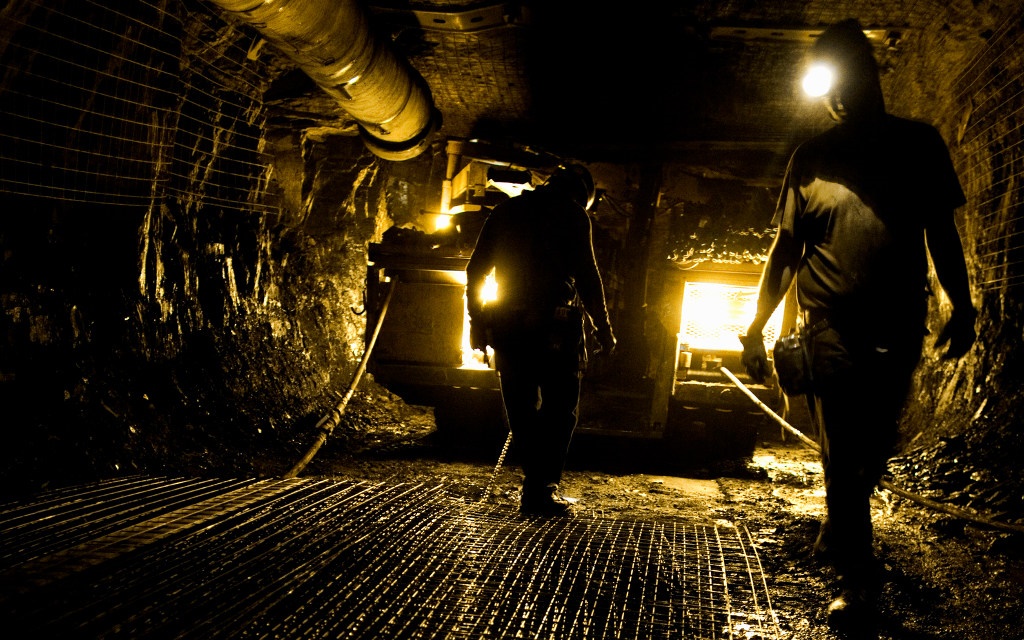As growth in major global economies slows as a result of high inflation, exacerbated by the Ukraine war, many economists are hoping that China will again come to the world's rescue.
But this is not 2008, when China's then rapidly expanding economy and a huge stimulus unleashed by the Beijing government, helped Western countries to recover much faster from the financial crisis. This time, China's economic woes run deep. The government has all but given up on this year's target of 5.5% GDP growth and Premier Li Keqiang warned last month there was little appetite right now for more expansionary policymaking.
Business and consumer activity in the world's second-largest economy have been stymied by Beijing's zero-COVID policy that sparked monthslong lockdowns on workers in dozens of cities, forcing many businesses to shut. Chinese leaders are loathe to reverse the draconian policy now, for fear of unleashing a bigger crisis.
China can't learn to live with COVID
"China has effectively not lived with COVID like the rest of the world. So there would be economic chaos if the virus were suddenly to rip through the country," Jacob Gunter, senior analyst at the Berlin-based Mercator Institute for China Studies (MERICS), told DW. "There isn't any built-up immunity — as they refused to import the mRNA vaccines — they don't have a very advanced health care system and there's a lot of vaccine hesitancy."
Worse still, the recent government crackdown on the debts of property developers sparked a real estate crash that forced one of the country's largest builders, China Evergrande, to the edge of bankruptcy.
Chinese homebuyers have stopped paying mortgages on unfinished apartments, bank loans for property purchases have fallen for the first time in a decade and the amount of residential floor space — a measure of new construction activity — dropped by nearly half in the second quarter.
"The property crash is the bigger problem [compared with the zero-COVID policy]," said Craig Botham, China expert at the research house Pantheon Macroeconomics. "The economy has shown it can recover quickly from lockdowns, but the damage from falling asset prices in a sector worth 30% of GDP is far more pernicious. Households, banks, and local governments all have damaged balance sheets."

China's property developers relied on down payments to fund future real-estate projects
While refusing to unleash more monetary stimulus until inflation and the pandemic are under control, China's central bank this week slashed interest rates, after industrial production and retail sales grew lower than expected and oil demand fell 10% year on year in July.
China cuts while the world hikes rates
"It's the opposite of what's happening everywhere else in the world where countries are ratcheting up their rates," Gunter told DW. "China has the opposite problems that we have in the United States and Europe," adding that Chinese consumers are afraid to spend for fear of being sent into quarantine with no income.
Botham said the latest rate cuts were unlikely to make much difference to economic growth for two reasons.
"One is that they will only immediately impact bank funding costs, with no requirement to pass them through to the real economy. The second, and more important, is that loan demand has fallen off a cliff. I suspect the PBoC [People's Bank of China] felt like it had to do something, even though it knows whatever it does will have minimal impact," he added.
With the prospect of further stimulus on hold, the central government has sought to deflect attention away from Beijing, telling regional governments to do more to help stabilize growth and boost employment opportunities, which was met with skepticism.
"Local governments have balance sheets full of holes, and can’t do much more," warned Botham. "We need to see the central government step in. The Pantheon Macroeconomics analyst called for a shift away from supply-side to demand-side measures.
In May, Beijing announced 50 policy measures to help regions to rebound from lockdowns. They included tax relief for businesses and consumers and other subsidies. Li this week visited the southern tech hub of Shenzhen on what he said was an economic fact-finding mission ahead of this month's Politburo meeting.
Xi under pressure to boost demand
Pressure is already building on China's leaders after a state-backed newspaper called this week in a front-page report for new pro-growth policies. Citing Wen Bin, chief economist at China Minsheng Bank, Financial News said Beijing should use more stimulus to boost demand. The paper also called for more industrial policies and measures for the real-estate market which it said would drive a recovery in production and consumption.
Resistance to a fresh stimulus could ease in the next few months as President Xi Jinping seeks re-election as Chinese leader by the 20th National Congress of the Chinese Communist Party. The summit, which is due in November, according to Hong Kong newspaper Ming Pao, is likely to approve Xi's third term.
Unlike 2008, when China's 4 trillion yuan ($586 billion, €579 billion) monetary stimulus helped to stabilize the global economy, the impact of any future expansionary policies by Beijing is likely to be limited for the West, Botham told DW. But he said they could help to ease the cost-of-living crisis that was hurting growth in the West.
"It's safe to say it [China] won’t rescue the global economy in this cycle. Hopes for a new commodity supercycle driven by China will be dashed. However, the focus on supply-side policies, and the weakness of Chinese demand, will mean China exports disinflation and even deflation to the rest of the world over the next 12 months, helping cool global inflation."
Edited by: Hardy Graupner












